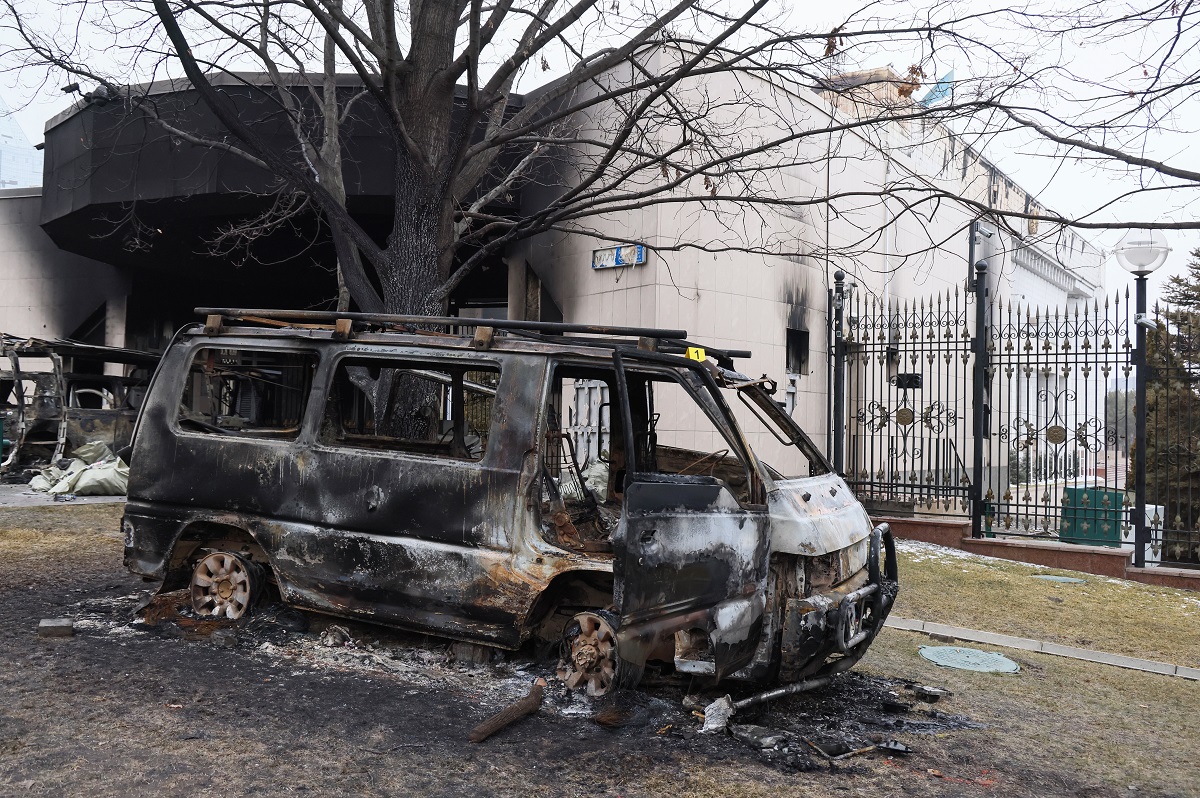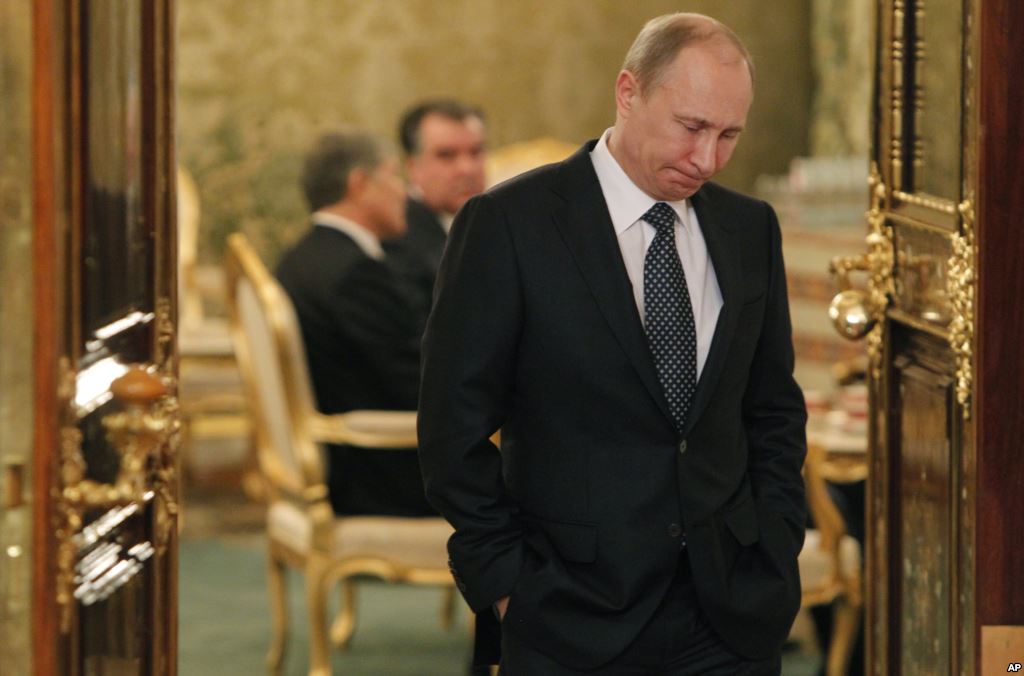Kazakhstan has seen protests since 1 January. Rising gas prices became their formal reason. From 5 January, protests turned violent, with attacks on the police and the protesters, and the internet being cut off. President Tokayev declared a state of emergency. The next day, Russia and The Collective Security Treaty Organization states sent troops to Kazakhstan to suffocate the protests.
According to Vladimir Osechkin, founder of Gulagu.net, ("No to the Gulag"), a project against corruption and torture in Russia, the exploitation of former prisoners for consolidated acts of looting was a deliberate policy of Kazakhstan's President Kassym-Jomart Tokayev.
Apart from that, according to gulagu.net, this move from the government
- Demonized peaceful protesters. The president of Kazakhstan has already called protesters “terrorists,” “bandits” who may be “destroyed.”
- Turned a political protest into a series of pogroms.
- Justified the use of violence against the protesters.
Not yet occupation, but already intervention. Consequences of Russian troops entering Kazakhstan
From the letter:
“They [prisoners] have done their job perfectly in terms of the task: there are a lot of documented facts of looting, confirmation of attacks on law enforcement agencies, facts of brutal massacres of security forces, corpses with severed heads and videos for the archive with the process of cutting off [head].
It provides the necessary justification for the invasion of foreign forces, demoralizes ordinary protesters, translates political protest into a digestible form of pogroms, shows the security forces that beast stand against them, blocks the social undecided Kazakhs’ empathy to the protest.
That is why fierce looting, bloody assaults of sites and relentless shooting at protesters took place only in the capital, while almost everywhere in other cities things were different because all the cartridges [or prisoners] were taken only to the control city.”
Earlier, Gulagu.net had obtained 40 gigabytes of Russian penal system video archives documenting Penal Service and FSB agents torturing and raping prisoners. The Russian authorities have responded by launching investigations and bringing charges against the officers, and also by carrying out denial of service attacks against the site. In November 2021, Gulagu.net founder Vladimir Osechkin was declared wanted by the Russian authorities.
Related:
- Russian general who led Crimea occupation charged with CSTO military mission in Kazakhstan
- Indigenous leaders call on nations in Russia to boycott crackdown on protesters in Kazakhstan
- Some in Moscow and Nur-Sultan see Kazakhstan becoming ‘another Ukraine
- Pro-Russian bloc countries announce deployment of troops to Kazakhstan
- GULAGU.Net exposes systemic torture and rape of prisoners in Russia; regime responds with investigations and denial of service attack on portal





